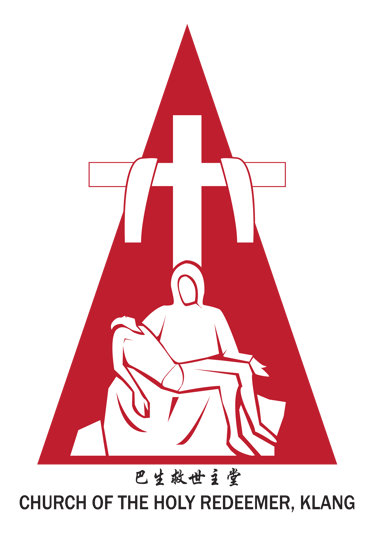
Catechetical Ministry
Catechesis for Children and Teens
ROLE
Catechetical English Coordinator
Catechetical Mandarin Coordinator
Catechetical BM Coordinator
NAME
Mary Ng
Vivian Lim
Ivy Evelyn F Anjun
Registration forms are available at the parish office, or HERE.
All Languages have their classes on Sundays 9:30am
* Breakfast sale in the canteen during Catechism period
Rite of Christian Initiation of Adults (RCIA)
ROLE
RCIA English Coordinator
RCIA Mandarin Coordinator
RCIA BM Coordinator
NAME
Ireneaus Bay
Helen Tan
Sis. Irene
Sessions for 2024/2025 on Sundays will be as follows:
English at 3pm in the RCIA Room
Mandarin at 10am in the RCIA Room
BM at 9:30am in Parish House
Registration forms are available at the parish office, or HERE.
For more info, you may contact
Ireneaus Bay (012-2113903) for RCIA [E]
Helen Tan (016-8991772) for RCIA [M]
Sis. Irene (011-23367537) for RCIA [BM]
or the parish office.
Overview
All Liturgical celebrations, especially the celebration of the Eucharistic Liturgy, are celebrations of the whole Church. They are not private functions. The Church is the “sacrament of unity: the holy people united and arranged under their bishops. Therefore, liturgical services pertain to the whole Body of the Church”. (CSL 26)
In the midst of this Body, there are individual ministries who serve all the faithful by executing different functions. These functions are integral and necessary parts for the liturgy to be performed in a dignified and reverend manner, and for respecting the nature, shape, and dynamic of liturgy. These ministries may include:
Priest (Main Celebrant)
Deacon
Altar Servers
Extraordinary Ministers of Holy Communion
Lectors
Hospitality/Warden
Music Ministers (choir/cantor)
Sound & Projector Ministry
The Priest & Deacon are ordained ministers; the Priest is the single indispensable minister for the celebration of the Holy Eucharist. The Deacon, when present, has specific functions pertaining to his role in the celebration, and these must be observed.
Lay Liturgical Ministers exercise a “genuine liturgical function. They ought, therefore, to perform their roles with the sincere piety and decorum demanded by so exalted ministries and rightly expected of them by God’s people” (CSL 29).
All liturgical ministers exist for the service of the Body of Christ, the People of God, the assembly gathered in God’s name. Although serving in any of these ministries should be a source of joy and satisfaction for individual people, these ministries exist for the benefit and service of the Church and not for individual or personal piety, spiritual growth, or status. As such, these ministries are regulated by Church and Liturgical law and are submitted to the authority of the Bishop and the local Pastor (USCCB).
These liturgical ministries strive to be modeled after the example of service of Jesus Christ in the Washing of the Disciple’s feet at the Last Supper. (John 13: 1-15). Serving at the Liturgy is an act of self-giving, not self-seeking; an act of love that must be continued in the ordinary of our lives for the glory of God. Therefore, “The faithful should not refuse to serve the People of God in gladness whenever they are asked to perform some particular service or function in the liturgical celebration.” (GIRM 97)


